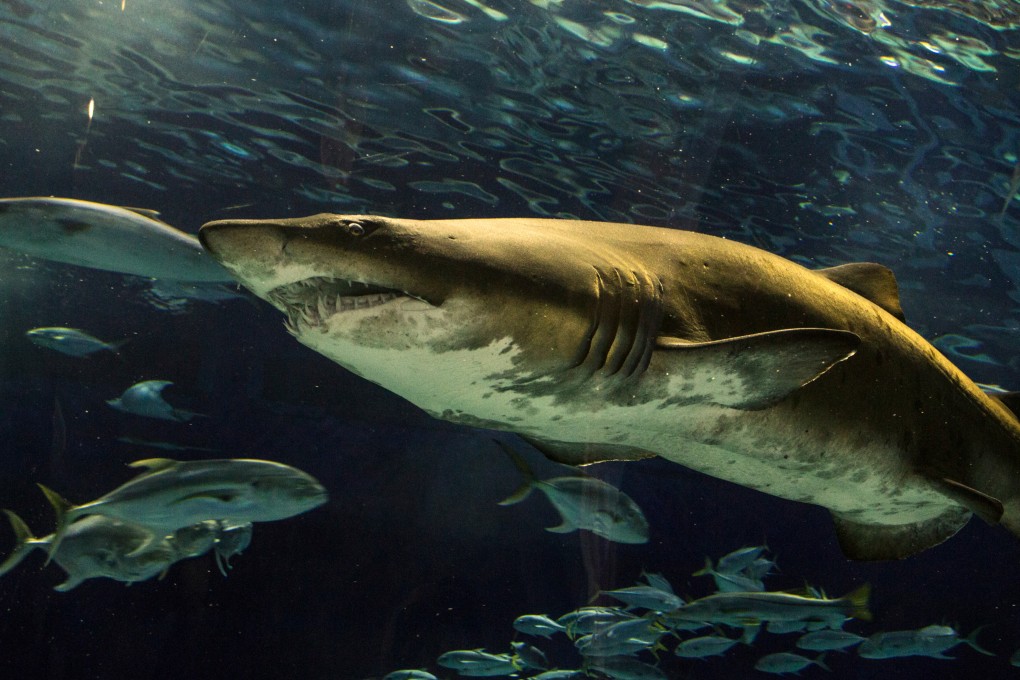Sharks off Brazil’s Rio de Janeiro test positive for cocaine
- Scientists speculate reasons including contact with bricks of cocaine which traffickers had lost at sea

Sharks off the coast of Brazil’s party city Rio de Janeiro have tested positive for cocaine.
The predators were consuming the potent stimulant due to its continuous release from inadequate sewage treatment facilities and clandestine refining operations, scientists wrote in a study published in Science of The Total Environment.
Some may also have attacked bricks of cocaine which traffickers had lost at sea off the coast of Brazil, one of the world’s largest markets for the drug.
Of the 13 specimens of Brazilian sharpnose shark scientists tested over almost three years, all presented cocaine in their muscle and liver tissue, according to the study by the Oswaldo Foundation Cruz, an institute of science, technology and health.
“It is necessary to carry out specific studies to determine the exact consequences of this contamination on animals,” said Rachel Ann Hauser-Davis, a biologist from the IOC Environmental Health Assessment and Promotion Laboratory, in a statement.
“It is believed that there may be an impact on the growth, maturation and, potentially, the fecundity of sharks, since the liver plays a role in the development of embryos.”